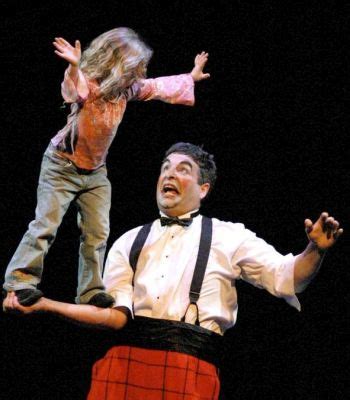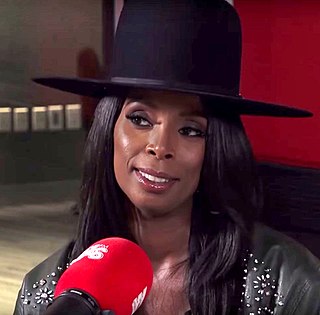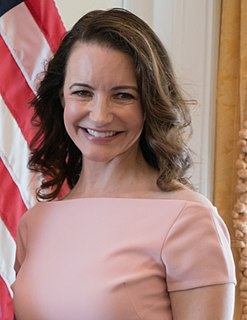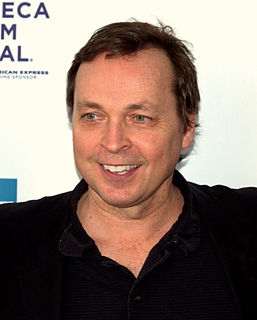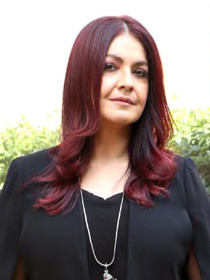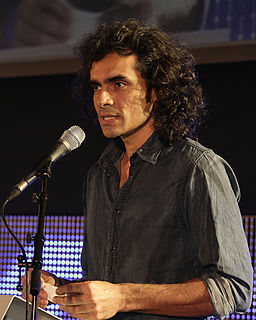A Quote by Jeff Raz
A director once said, when I was complaining about something or other, "I agree, it is terrible. The worst thing you can do to an actor is give him a job." That shut me up and broke off a big hunk of my actor's cynical armor.
Related Quotes
I'm the type of actor that believes the director has to be in charge. I've been on sets where the actor's ego was the most important thing, and with a director that messes it up. But I don't like a dictator, I want it to be collaborative - the best idea wins. If I feel respected, and I'm going to give that back. If a director wants to try something, cool, I'll give it back. I also feel like they cast me for a reason, so I'm going to make my mark on it... let me do my thing.
The other, the other aspect when I say I'm an actor is that as an actor you make this imaginative leap into being somebody else, that's to say the muscle of the imagination is as important as any other of the muscles in your body, and so it is something about this instinct in space and time which for me I associate with being an actor rather than a director.
You can say something that can really help and actor and you can say something that can really get in the way of an actor's performance, kind of cut them off from their instincts and really get into their heads. And every actor's different. Every actor requires something different. Being an actor, for me, was the greatest training to be a writer and director.
As a director, I have to do everything. As an actor, I'm just worried about one role, that's it. As a director, everything is important. Everything is something you have to be very detailed and specific about in telling a story. So for me, the job is far greater than just being the actor, there's a lot more responsibility creatively, technically.
Ultimately your job as an actor is to perform however you're being asked to perform and there's many different procedures as an actor that you're going to run into that you should be prepared for and be ready to go to work and do the best you can and give the director the best thing you can to hopefully give him things on that day that could be shot preserved and out into a canned, then when they go into the editing room that's where a movie's made.
Danny DeVito knows about the business from many different perspectives, because he is a producer and director as well as an actor. At one point we were on the set late at night and he said: 'come here I want to brush your hair'. I said 'ok'. He sat there brushing my hair and told me that his job before becoming an actor was as a hair stylist in Manhattan. I said "what?" But it is true.
Your job, as an actor, is never to just do what you're told. That's boring, and life is too short. It's your job to bring something, and it will either be to other people's taste or your own taste, and you have to try things out. Actors say, "Well, as long as the director's happy," but I don't believe that and I don't agree with that. I want the director to be happy, but if I'm not happy, I won't sleep at night.
Can't stay long, Mother," he said. "I'm up front, the prefects have got two compartments to themselves-" "Oh, are you a prefect, Percy?" said one of the twins, with an air of great surprise. "You should have said something, we had no idea." "Hang on, I think I remember him saying something about it," said the other twin. "Once-" "Or twice-" "A minute-" "All summer-" "Oh, shut up," said Percy the Prefect.
